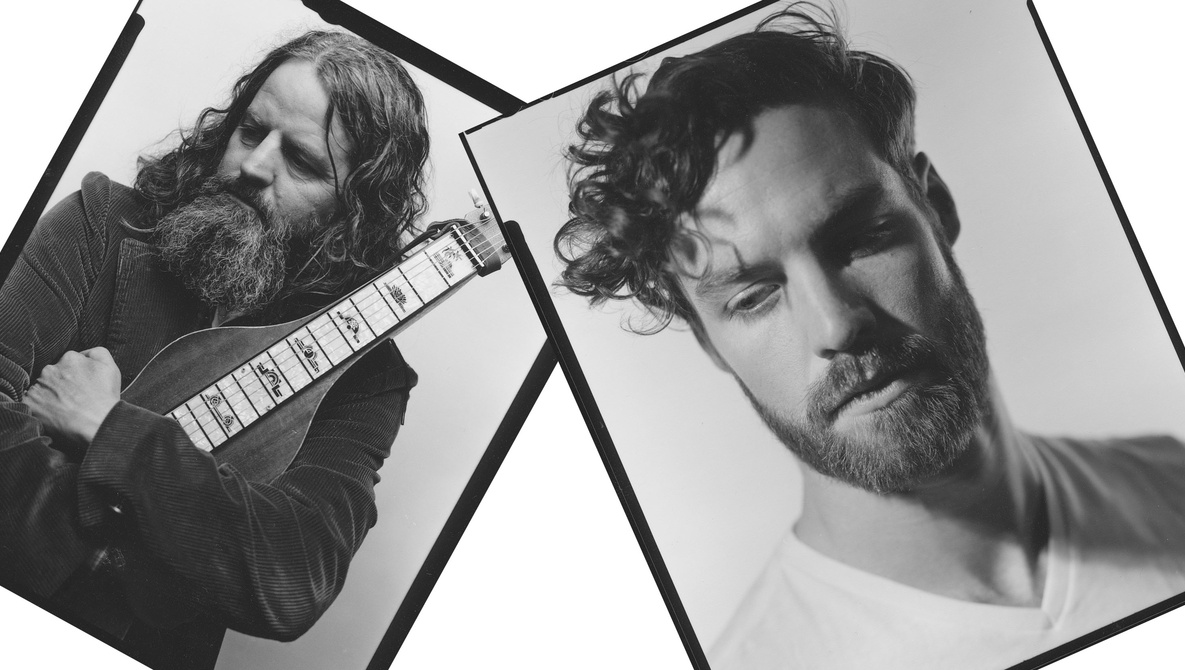Has Technology Taken the Fun out of Photography?

Technology is a locomotive moving full speed ahead. From the creation of the first digital SLR almost two decades ago to the mirrorless revolution, the progression of technology in photography has made the craft more accessible, affordable, and reliable than ever. However, even with all of this progress, I can’t help but feel that we’ve lost a little something along the way.
The Soul of a Hobby
Although many of us shoot professionally, the vast majority of photographers out there do it for the fun of it. Even those of us that do make a career out of photography usually started as hobbyists, eager to tinker with these image-making toys we call cameras. Some started out with film, relishing the oohs and aahs of the image coming to life in a darkroom tray or getting that envelope of prints back from your lab. Many of us started later with digital, enjoying a faster learning curve but still enrapt with changing those settings on the camera to see how that image would look when it popped up on the LCD and computer monitor.
To me, it’s that tinkering, that flirtation with the unknown that makes photography so enjoyable. People like to problem-solve. We love to experiment, get a result, and try to make it better. Would any other hobby be as enjoyable if we knew with 100% certainty that we would nail it each and every time? Would it be as satisfying to run a marathon if you already knew what your end time would be? If you were painting a picture and you knew exactly how it would turn out, would it still be worth painting?

Hobby Versus Career
Of course, it’s one thing to want a taste of the unknown when your livelihood isn’t on the line and another thing altogether to depend on that consistency to keep food on the table. Never before have cameras been so reliable! With mirrorless, barring the use of flash, you can see what you’re going to get before you push the shutter. That’s pretty amazing and oh so helpful for a working pro. Does it take the fun out of it? Perhaps, but who cares if you’re producing better, more consistent work because of it, right?
However, relying on the tech to do the work for you can be detrimental to your self-worth as a craftsperson. Have you become a glorified button-pusher? Do you even have any skill? If you handed your camera to a random person at the wedding you’re shooting, could they take the same picture as you? Questions like these and the resulting answers you feed yourself can wreak havoc on your self-esteem.

The Quest to be Different
If cameras are getting more and more advanced and more and more photographers are using the same cameras, is it any wonder that our work has started to look so similar? Everyone dogs Instagram photos because of their filters and such, but are we really that far behind them? We are becoming hamsters on a wheel of technology, churning out the same shots as our peers. Even film photographers are sending their work to the same labs, getting the same results as their film-shooting brethren. We’re becoming a homogeneous soup of imagery that becomes harder and harder to escape.
Ok, enough with the cynicism! We are all creatives here, and all is not lost. We can take steps to not only create unique work, but also enjoy ourselves doing it.

In Search of Stimulation
Image manipulation has become taboo in purist circles. I’ve found myself looking at imagery and saying, “whoa! Lay off the Photoshop” more times than I can count. At what point does a photograph cease to be a photograph, after all? Well, that’s a discussion for another article. But I think I may have been hasty in passing judgment. Remember earlier when I was talking about that need to tinker? Well, in a world where automation is the name of the game, is it any wonder that photographers are searching for a new outlet for their creativity? If the method of capture is losing its luster, perhaps the post-processing is where it’s at! At the computer, we can be free to make imagery that sets us apart. And no, that’s not saying you can’t make unique imagery with your camera. Of course you can. However, on your computer, you have much more flexibility and freedom. Let’s not go too crazy, though. Hopefully, it will still look like a photograph when you’re done!
If you’re a working pro, make it a point to shoot personal work, even if it’s just of your family. When you’re not shooting to pay bills, you’re more likely to ease up on the safety nets and take chances in your work. Experiment with dragging the shutter a bit. Maybe throw on a manual focus lens or some legacy glass. Have fun and experiment. Maybe you’ll find something that you can reference later in your professional work!

Are you a film shooter who sends your film to a lab? Why not take a class on development and printing? Most medium to large-sized cities have a community darkroom where you can take classes or at the very least, rent some time. I promise you it’ll be a good time and worth every penny! I shoot film because it feeds that need to dabble with the unknown and, well, to play! I can then experiment in the darkroom with the images, using my hands, creating, messing up, trying again, etc.
Find ways to challenge yourself while you’re shooting, even if it’s with the latest and greatest cameras. If you’re mostly a natural light shooter, start to dabble in flash work. If you only shoot strobes, get out there in nature and push yourself. We all have preferences with our work, but it’s that challenge that keeps us fulfilled. If you’re shooting mirrorless, occasionally turn off the instant preview. Make it harder on yourself. Keep yourself stimulated.
[“source=fstoppers”]




